International
Uttarakhand's Draconian Anti-Conversion Law: Why It Threatens Religious Freedom
3
Uttarakhand's New Anti-Conversion Law: A Grave Threat to Religious Freedom
Recent amendments to the Freedom of Religion Bill in Uttarakhand have introduced harsh penalties for conversion practices, raising profound concerns for minority religious communities, especially Christians. Under the new law, individuals accused of facilitating conversions could face life imprisonment, with additional measures targeting activities that promote religion or potentially qualify as coercive allurement.
These stringent regulations are framed as protective measures against what are claimed to be forced conversions. However, they effectively create an environment where simple acts of kindness, such as offering help or support, may be interpreted as attempts to convert someone to a different faith. For instance, the bill’s broad definition of "allurement" now extends to gifts and employment offers, making everyday interactions ripe for legal scrutiny.
Understanding the Impact on Minority Communities
This law is part of a troubling trend across India, where anti-conversion legislation is increasingly used to target minority groups. Over a dozen states have enacted similar laws, often under pressure from ultra-nationalist factions seeking to elevate Hindu cultural supremacy. As a result, Christian practices, including routine prayer meetings, are now perceived as suspicious activities conducive to conversion.
Local activists and Christian leaders express deep concern regarding these developments. Rahul Singh, an Open Doors partner, noted that the law represents a “huge threat for ordinary Christians,” who may find themselves criminalized for simply practicing their faith. The amendments do not merely codify existing prejudices; they institutionalize discrimination, fueling societal tensions and fear among non-Hindu communities.
Growing Hostility: A Pattern of Persecution
With over 40 incidents of persecution reported just in the first half of 2025, the situation is becoming increasingly dire for Christians in Uttarakhand. Priya Sharma, another advocate with Open Doors, highlighted that numerous church gatherings are already being disrupted, with converts facing threats and violence. These patterns align with a larger narrative of hostility towards Christianity and Islam in the region, prolonged by vigilantism and rigid nationalistic ideologies.
The Path Towards Justice and Advocacy
As this narrative unfolds, there is an urgent need for advocates of religious freedom to rally together against these laws. Understanding the implications of such measures is vital to fostering informed discussions on the intersection of faith and politics. Furthermore, it is essential for international organizations and local faith communities to support efforts geared toward protecting minority rights.
Acknowledging and addressing the grievances faced by religious minorities not only engenders compassion but also promotes diversity within India's cultural fabric, which has long been known for its rich pluralism. Advocating for policy changes through peaceful protests, awareness campaigns, and legal channels could prove instrumental in overturning oppressive laws.
Global Perspectives: Lessons from Other Nations
Looking worldwide, several countries have faced similar struggles with anti-conversion laws or policies targeting religious minorities. For instance, the situation in Pakistan reveals how laws crafted under the guise of protection can be manipulated for persecution. By observing these scenarios, activists can draw lessons on the importance of solid legal frameworks that safeguard freedoms without infringing on individual rights.
Encouraging interfaith dialogue can also serve as a proactive solution, promoting respect and understanding among various religious communities in India and beyond. By bridging divides and fostering collaborative relationships, societies can resist extremism and build inclusive environments.
As the situation in Uttarakhand illustrates, vigilance and action are necessary. Engaging with local organizations, raising awareness about anti-conversion laws, and taking a stand for the oppressed are essential ways in which concerned citizens can contribute to the advocacy for religious freedom.
Through informed discussions and respectful conversations, we can create ripples of change that counteract the fearful narratives dominating our towns and cities.
Join the Fight for Religious Freedom Today
Support local and international organizations working for the rights of persecuted religious minorities. Together, we can stand against oppression and ensure that every individual can freely express their beliefs without fear of retribution.
 Add Row
Add Row
 Add
Add






 Add Row
Add Row
 Add Element
Add Element
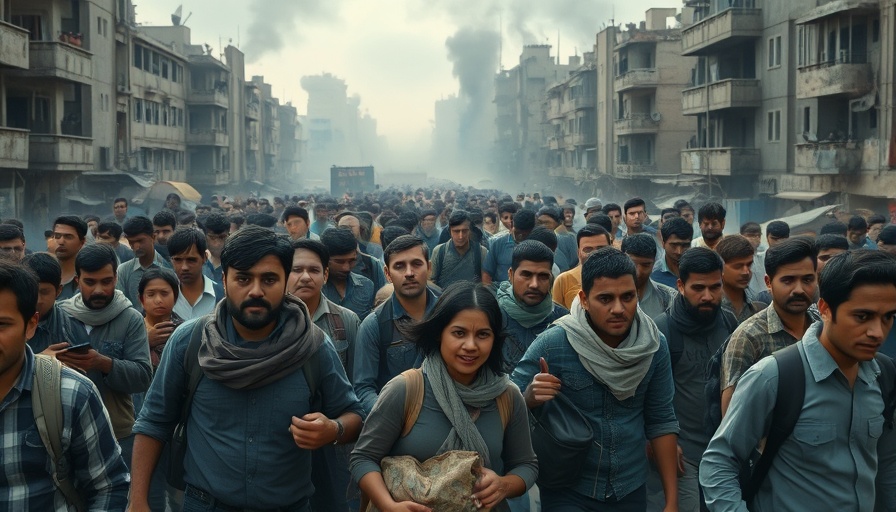
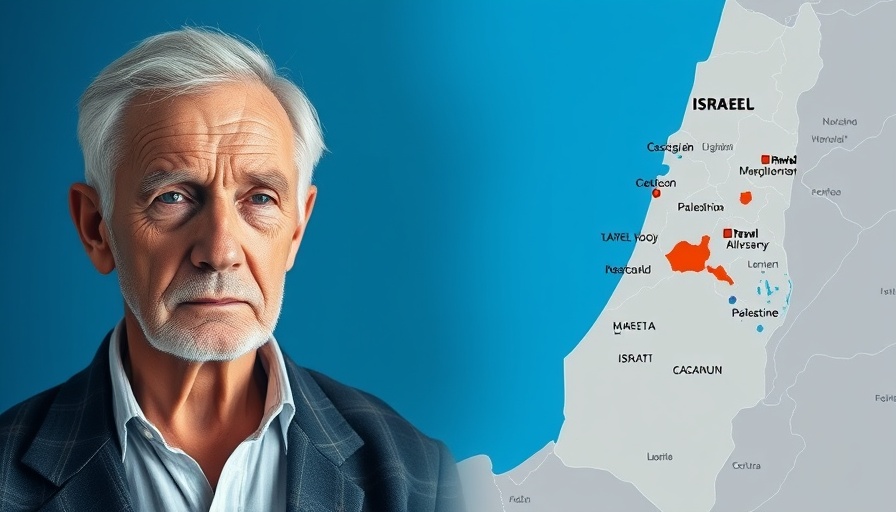
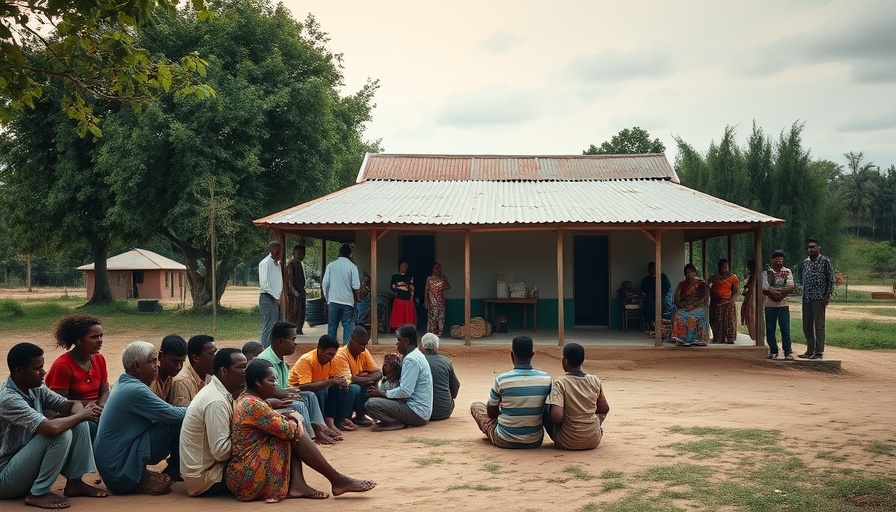

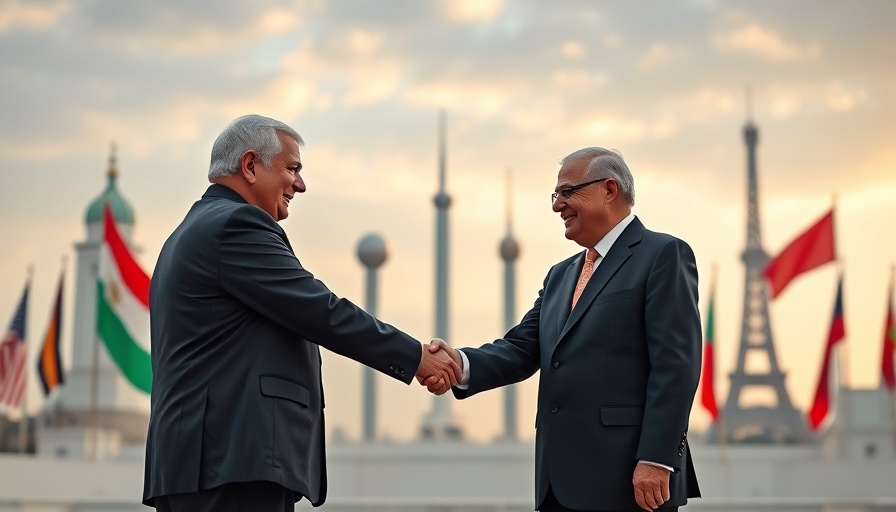
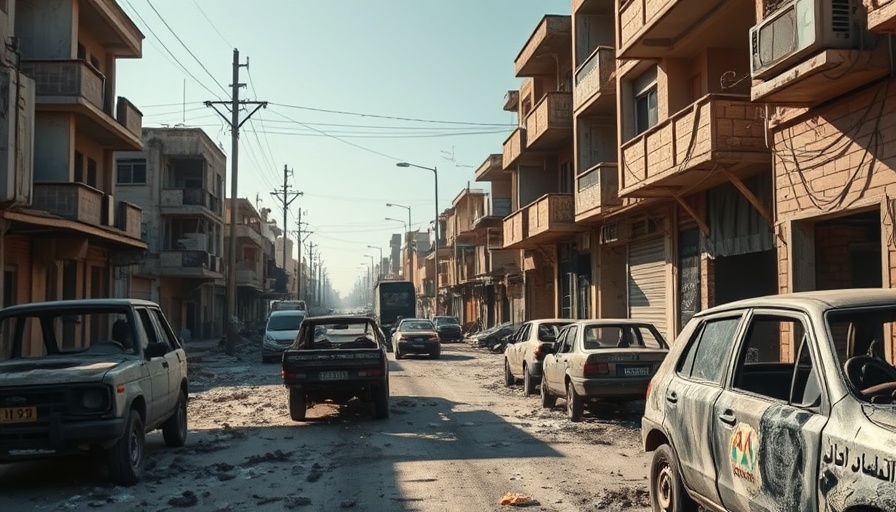
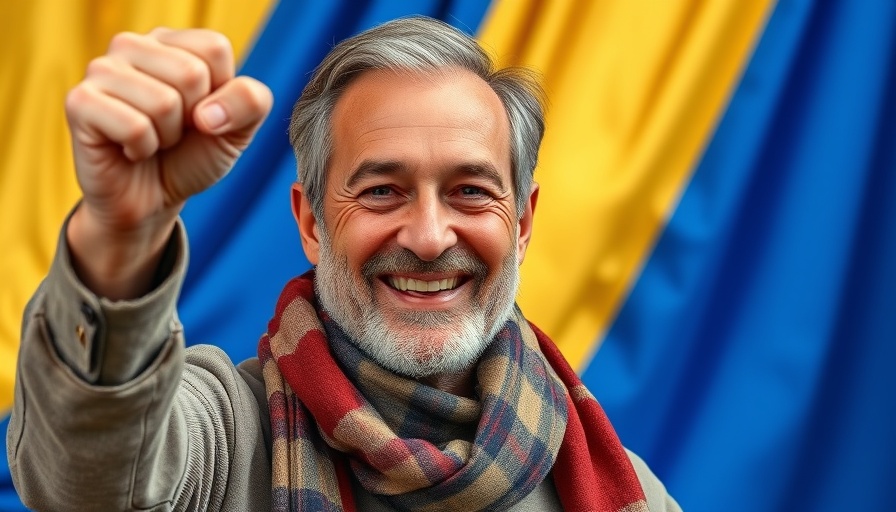
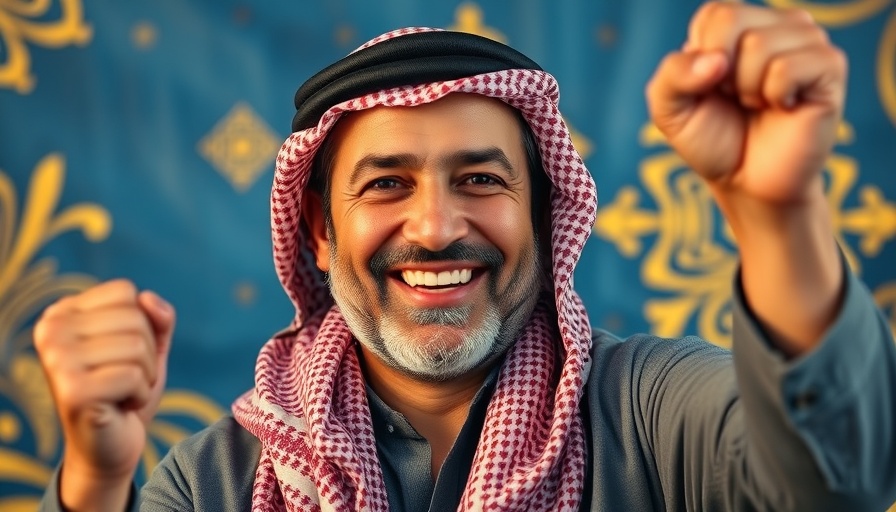
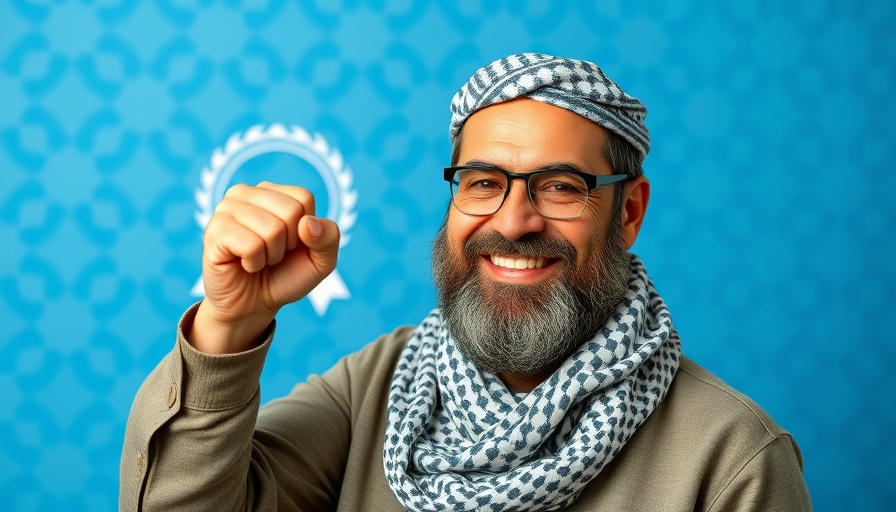

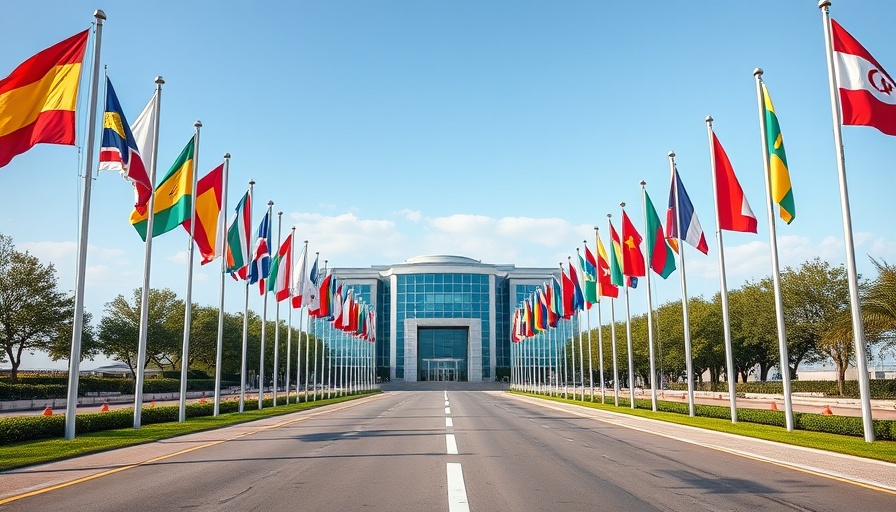
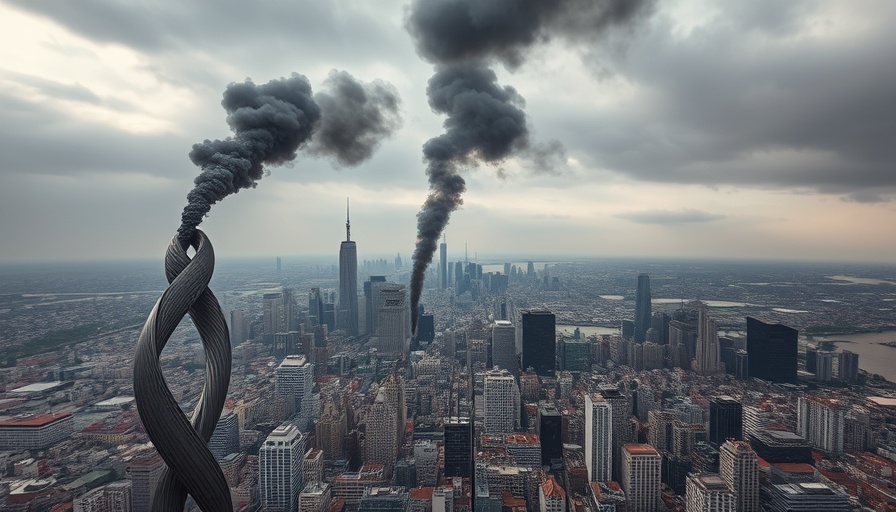
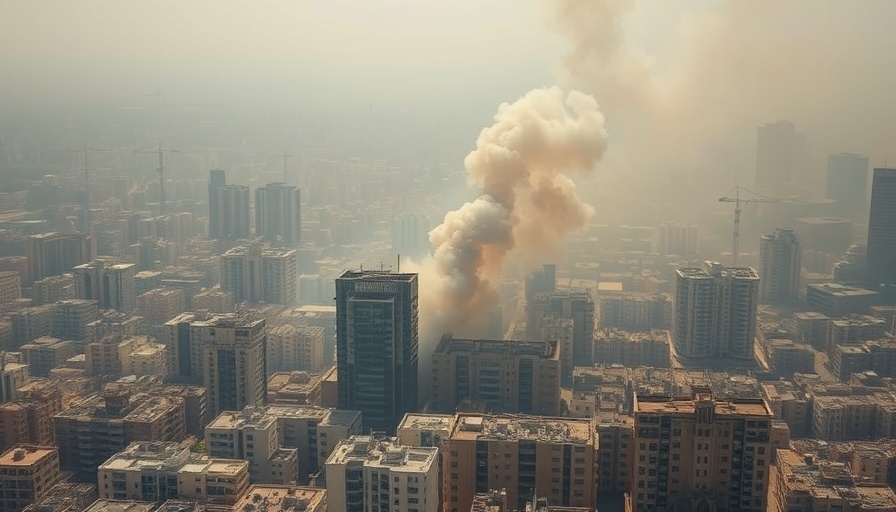
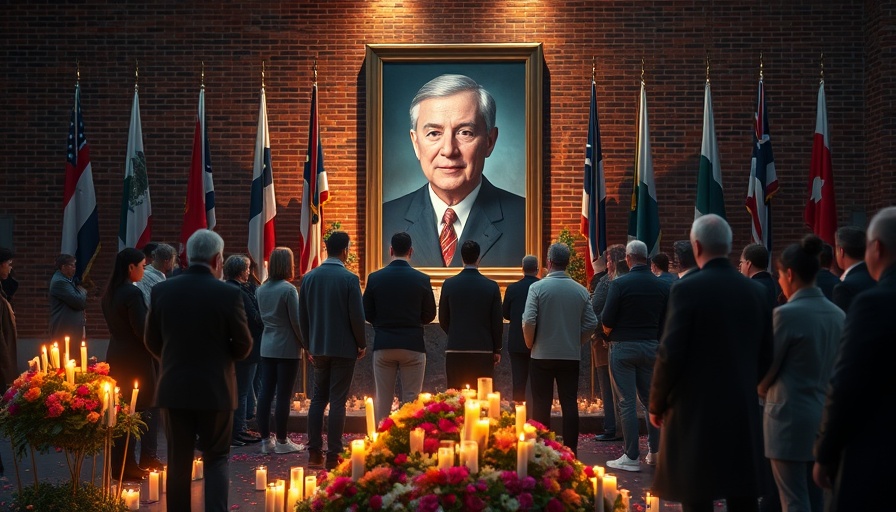
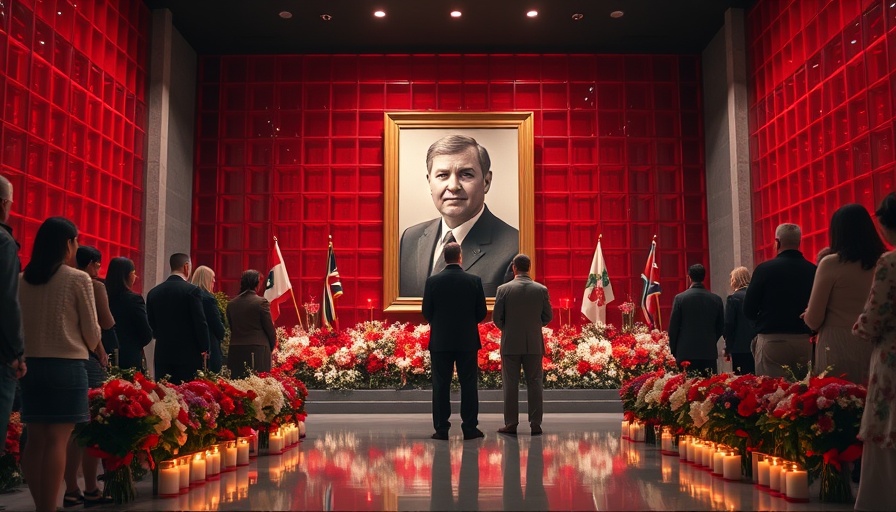


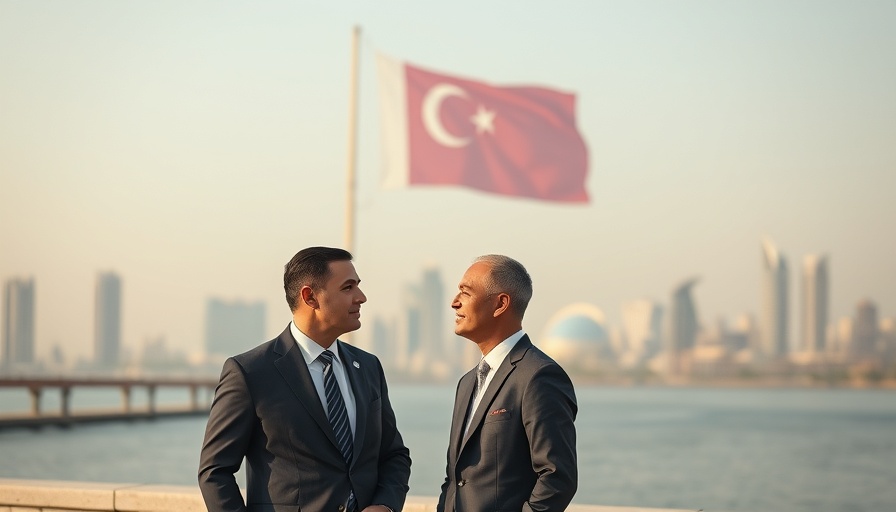


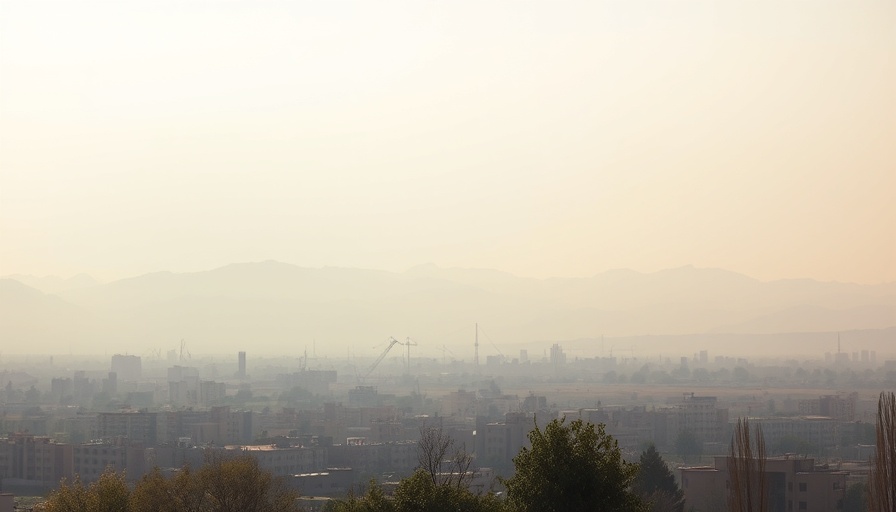
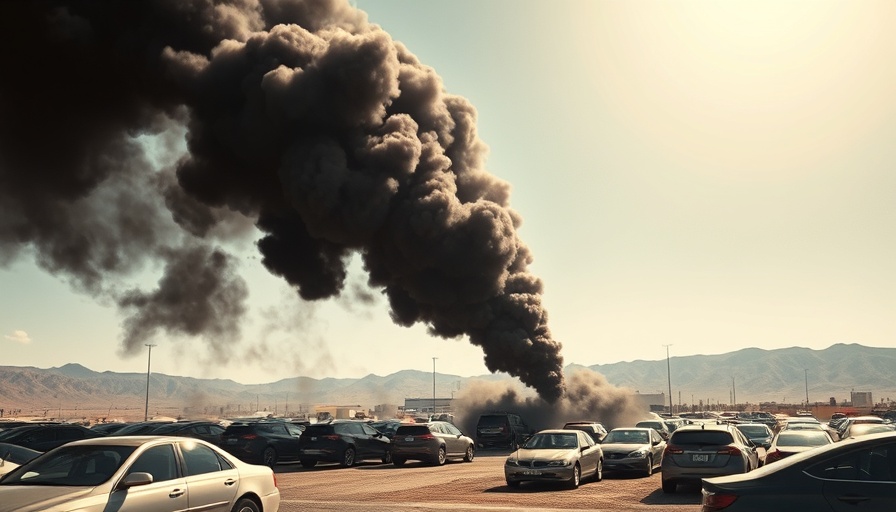


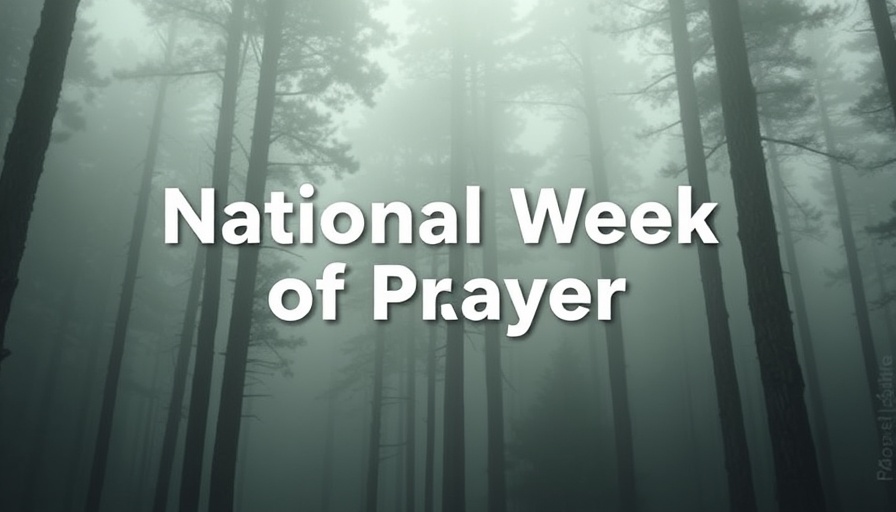
 Add Row
Add Row
 Add
Add

